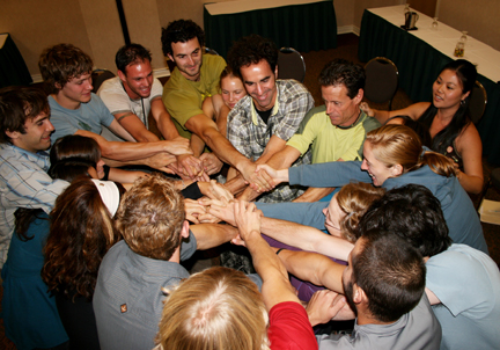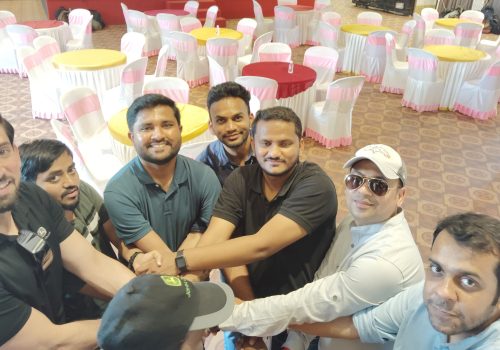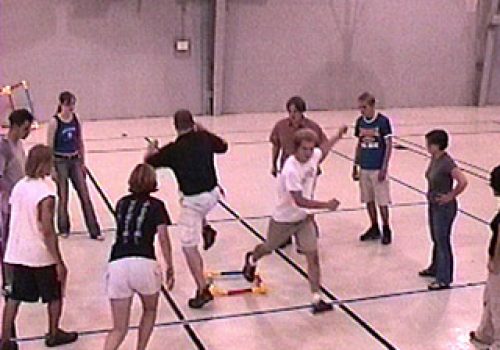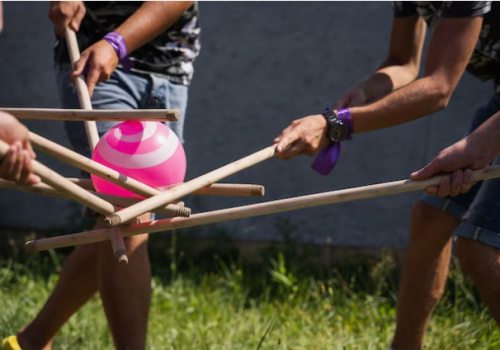Problem-Solving Simulation
Often wondering what troubles us is almost certainly the answer bearing trivia. In this “Problem-Solving” module of our experiential learning program, we will delve into the art and science of problem-solving, a skill that is invaluable in both personal and professional contexts. Problem-solving is not just about finding solutions; it’s a process that encourages critical thinking, creativity, collaboration, and adaptability. Through a series of engaging and interactive exercises, we will explore the significance of problem-solving in the experiential learning landscape and equip you with the tools to tackle challenges effectively.
Importance in Experiential Learning:
Problem-solving is at the heart of experiential learning. It bridges the gap between theory and practice, enabling participants to apply their knowledge in real-world situations. Experiential learning encourages hands-on exploration and active engagement, mirroring the challenges we face in our day-to-day lives. By developing strong problem-solving skills, individuals become adept at adapting to new situations, thinking critically, and collaborating with others. This module is designed to foster a growth mindset, where challenges are seen as opportunities for growth and learning.



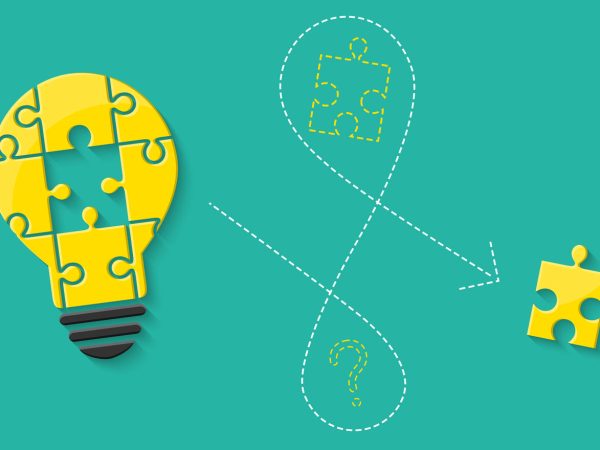
Here are some dynamic group exercises that will help participants develop their problem-solving skills in a collaborative setting:
The Marshmallow Challenge:
Teams are provided with spaghetti, tape, string, and a marshmallow. Their task is to build the tallest freestanding structure that can hold the marshmallow on top. This exercise encourages creativity, teamwork, and quick decision-making.
Escape Room Challenge:
Participants are “locked” in a room filled with puzzles, riddles, and clues. They must work together to solve the puzzles and unlock the room within a time limit. This exercise promotes critical thinking, communication, and the ability to synthesize information under pressure.
Broken Circles:
Participants stand in a circle, each holding a piece of a jigsaw puzzle. However, the pieces are mixed up among the participants. They must communicate and collaborate to assemble the puzzle correctly. This exercise emphasizes effective communication, coordination, and problem-solving as a group.
Innovation Tournament:
Teams are presented with a common problem and given a limited time to brainstorm and design a unique solution. They then present their ideas to the entire group, fostering creativity, rapid ideation, and the ability to think outside the box.
Real-Life Case Studies:
Provide teams with real-world scenarios or case studies relevant to your industry or field. They must analyze the situation, identify the underlying challenges, and propose practical solutions. This exercise sharpens analytical skills and encourages the application of theoretical knowledge.
Remember, the goal of these exercises is not solely to find solutions, but to encourage participants to think critically, collaborate, communicate effectively, and adapt their approaches when faced with unexpected challenges. By embracing the problem-solving mindset, participants will be better equipped to navigate the complexities of the experiential learning landscape and beyond.
Problem-Solving Simulation
- 10-200
- Low
- Hybrid
- 60-90 min
- Problem-solving
- Team management
- Project management
- Real-time management

Similar Activities
- GROWING BETTER EVERY MINUTE
Get your Business
Right up There
Identifying the missing pieces in the organization or the fading magic of it or perhaps just a lack of acceptance of the same; one of these is enough to get any organization into the act. As it is been rightly said “Acceptance first step towards transformation.” You cannot change if you don’t know where to start and those around you!


